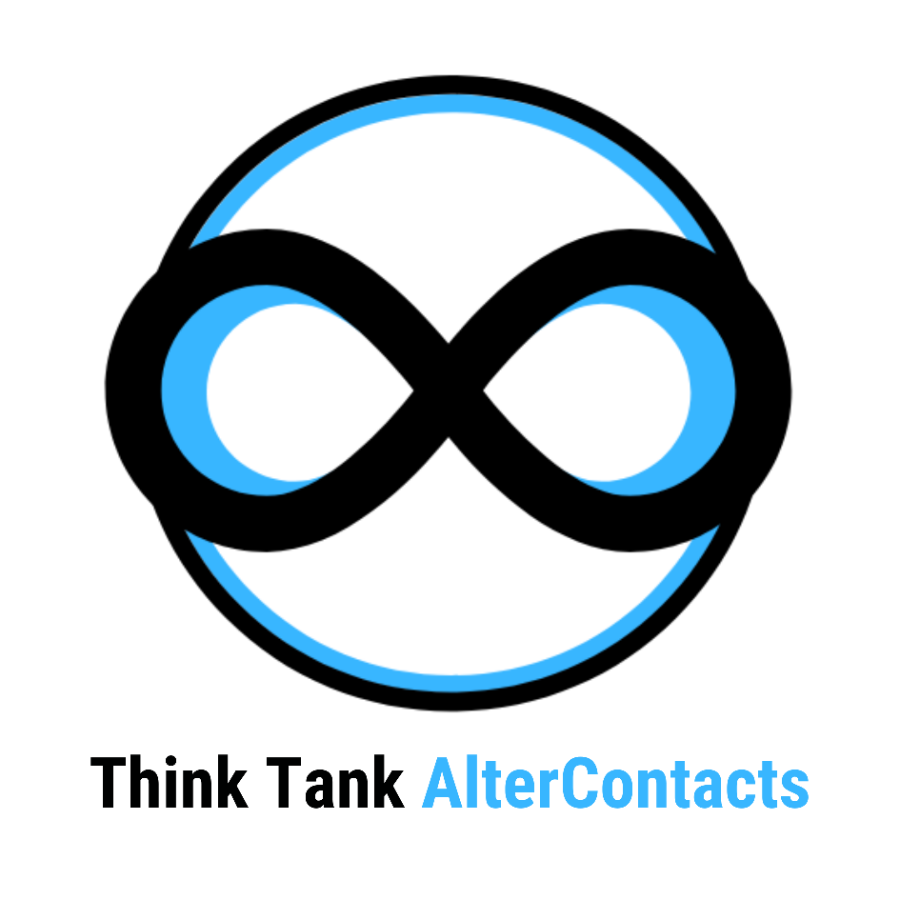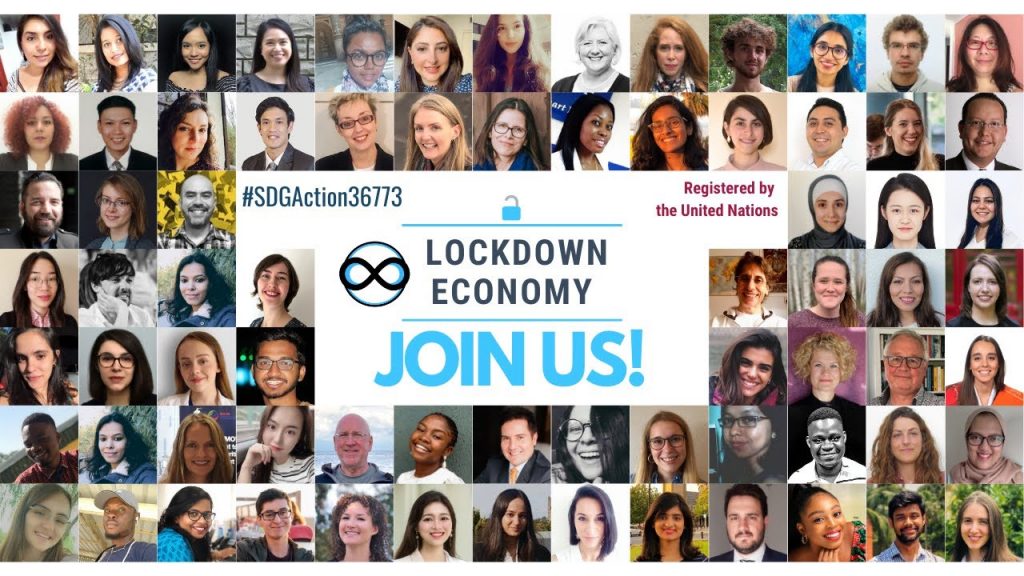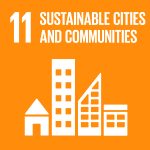Esta web utiliza cookies para que podamos ofrecerte la mejor experiencia de usuario posible. La información de las cookies se almacena en tu navegador y realiza funciones tales como reconocerte cuando vuelves a nuestra web o ayudar a nuestro equipo a comprender qué secciones de la web encuentras más interesantes y útiles.
Lockdown Economy Challenge: Sustainable and Innovative Entrepreneurship for Students
Description
Institution
Think Tank AlterContacts

Organizations/areas of the university involved
Think Tank AlterContacts; Epoka University; Pontifical Bolivarian University; Anahuac Mayab University
Country
THE NETHERLANDS
This program facilitates successful school-to-work transition, promotes active citizenship and sustainability education, by equipping students with the skills and network necessary to start their professional life.
Lockdown Economy Challenge is an SDG-focused co-curricular program for tertiary education students: action-based learning where they address real-life challenges, specifically economic crises caused by the pandemic, as part of broader education for SDG. It involves from 20 to 500 students per university and can run simultaneously in 10-15 schools per semester. This program is recognized by the United Nations as an SDG partnership for Higher Education Sustainability Initiative (HESI), formed at Rio+20 (#SDGAction38182).
Lockdown Economy Challenge was developed by the Think Tank AlterContacts to help universities engage students in remote social action which has an immediate impact on the community and multiple SDGs while being completely safe for all people involved. The main objective is to equip students with the skills and network necessary to start a professional life, facilitate successful school-to-work transition, promote active citizenship and sustainability education.
From its start in August 2020, the program has been completed at Epoka University (Albania), Anahuac Mayab University (Mexico). Currently, it is being tested in Polytechnic University of Madrid (Spain), “Dunarea de Jos” University of Galati (Romania), Pontifical Bolivarian University and Corporación Universitaria del Caribe (Colombia). Overall involving more than 300 students. In Autumn 2021 we want to help 3000 students across 10 universities become agents of sustainable change in their communities.
Guided by experts from the Think Tank AlterContacts and local university coordinators, students form interdisciplinary teams and following the Think Tank process come up with sustainable, innovative, and entrepreneurial ideas on how they can help small businesses around the world. After expert evaluation, the final proposals by students are sent directly to small businesses to enable the real impact of their work and organize further collaboration of winning teams with their chosen small businesses.
Our methodologies for social action towards sustainability are based on the Lockdown Economy, our nonprofit initiative to help small businesses overcome the pandemic. It won Gold in Women World Awards as “Hero of the Year: Helping Others During COVID-19”; became the Dutch finalist for the Charlemagne Youth Prize. And got recognized by the United Nations as Acceleration Action for SDG #SDGAction36773.
Results and impact measured or expected
From August 2020 we have helped more than 400 students across Europe and Latin America to have a real impact on current issues; practice sustainability mindset by doing; collaborate with international virtual teams using new digital methods; and support small businesses around the world in overcoming the challenges of the pandemic. We evaluate the impact of the program by collecting written and video feedback from the participating students and professors.
The critical success factors were: 1) the drive from the collaborating professors; 2) an incentive for students to get their first practical experience that would help them build their professional career; 3) the Think Tank methodologies for remote social action developed and tested during the pandemic; 4) the connections with a wide network of small businesses and therefore a chance for students to make a real impact right here, right now.

Tags
Connection with the SDG framework
In an engaging form of a competition, Lockdown Economy Challenge enables students to acquire the cross-cutting skills necessary for the modern labour market: innovation and entrepreneurship, system thinking, collaboration, creativity and communication. They get a chance to collaborate with a remote team, a network of academia, NGOs, entrepreneurs, and other partners of the Think Tank.
Students gain an understanding of the SDG framework and how it can be used, the key sustainable development issues in practice, by addressing the economic crisis caused by the pandemic. One part of their assignment is to map the SDG contribution of the chosen small business according to the SDG targets and indicators.
More importantly, by helping small businesses overcome the pandemic and become more sustainable, students gain a mindset of global citizens, become active proponents of sustainable development and change agents in their communities.
Barriers and follow up
Here are the solutions to the main challenges we identified:
1) Flexible timelines for students: At least 2-3 months to dive deep into the subject.
2) Asynchronous flow: Students need a chance to do it at their own pace.
3) Self-governed teams: Best collaboration happened among students who chose to be in the team and decided how they will split the work.
4) Before students can learn from business owners by working together, they have to do extensive desktop research.
5) To be valued, the opportunity to meet and collaborate with real business has to be earned.
6) Another risk is the delays, as universities have processes they have to follow. The way we mitigate this risk is by reaching out to them well in advance, to ensure they could include us in their planning.
Transferability of the initiative
Our main innovation is in the scalability of the impact on education for SDG. By equipping universities with our toolkit and guidance on the remote engagement of students into social action for SDG, we can reach more than 12-15 universities per semester with 400-500 students participating per university.
Education 4 SDG funciona gracias a WordPress

